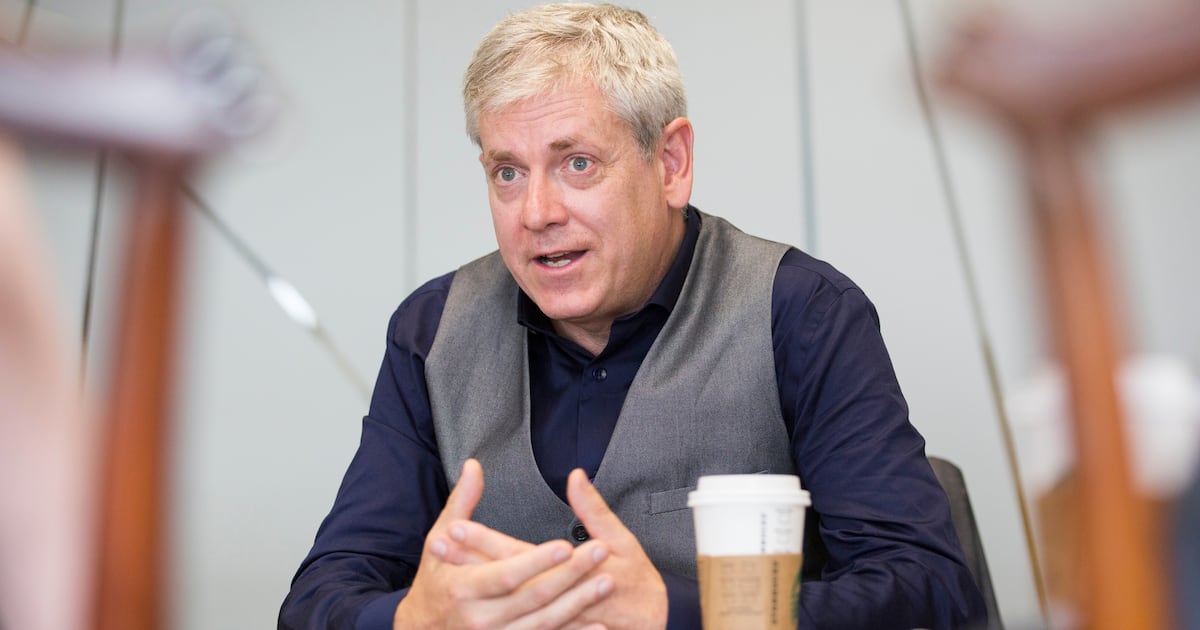
The next questioner I'll answer who wins a free copy of Patriots is Mordechai. I'll keep going with this if readers will. Submit questions over weekend, and we'll have another winner Monday. Mordechai asks:
You've chosen to write a novel about politics, whereas most of your previous published writing (unless you've been very prolific under a pseudonym) has been in non-fiction, especially political essays and articles. What do you think writing fiction has allowed you to say, or get at, or show us, that you weren't able to in your other writings?
No, I don't have a sheaf of short stories buried in a drawer. I never even imagined myself writing fiction. Mrs. Frum had that area covered, with her excellent novel and her book of very funny imaginary Instant Messenger conversations between George W. Bush and other world figures. In fact, Patriots began life as a plot outline for another Mrs. Frum novel. Only when she declined, did I undertake it.
Turning to fiction allowed me to do things I cannot do in journalism: tell a story, make it funny, take you inside people's heads, present different sides of questions. Why exactly is the US political system failing? Different people in Patriots take different views, and I can make them all convincing.
One thing I did not anticipate: what turning to fiction would do to me. Patriots started as simple comedy, pure satire. But as I wrote, I became angrier and angrier about what has happened in this city and this country over these past few years—and the book also developed into a critique, and a more radical critique than I realized I had in me. Writing Patriots was more than just an expression of second thoughts. It was a process by which I developed those thoughts.





